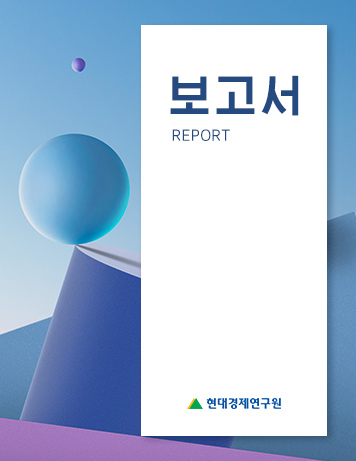In a September 29, 2014 interview by the Choson Sinbo, Director of North Korea’s Ministry of External Economic Affairs, Oh Tae Bong, reported that business in North Korea’s newly established economic development zones (EDZ) is gradually being ramped up. In the interview, Oh mentioned the Jindo Export Processing Zone in Nampo City as an example where foreign investment capital is being prepared for the construction of substructure facilities such as piers and power plants and factories for heavy industry like cement and steel.
The Jindo Export Processing Zone carries out technology transfers and exports completed industrial products to foreign countries. Specifically, Secretary Oh emphasized, “Several countries have expressed great interest in the Jindo Export Processing Zone, and investment contracts have already been signed with a few targets such as Hong Kong.” If the Jindo Export Processing Zone succeeds, it is expected that more processing zones will be developed around the country. If development goes smoothly, the structure of primary export products, including underground resources, would change drastically and promote product diversification.
Secretary Oh also talked about the results achieved through economic cooperation with neighboring countries, saying, “Our nation is consulting with Russian governmental organizations regarding the cooperation issues experienced with railroad reconstruction and modernization.” He mentions that certain agreements have already been made in August 2014, and commented that “Relations between two countries have great effect on foreign economic activity, such as investments.” In other words, despite the US and UN imposed economic sanctions against North Korea, Russia has taken an active stance toward economic cooperation with North Korea.
With regards to the Ministry of External Economic Affairs (formerly the Ministry of Foreign Trade), Director Oh explained that the ministry was newly reorganized in June 2014 to expand the state’s foreign economic activities. According to Oh, the ministry will contribute to the strengthening of economic ties between nations, and take unified command over trade, joint ventures, attraction of foreign capital, and economic development zones.
More specifically, Secretary Oh stated that “Since the Ministry of Trade, the Joint Venture and Investment Commission, and State Economic Development Committee have all been combined into one body responsible for foreign economic enterprises, business complexity has disappeared and unity has been secured.” It is said that, first, the process procedures necessary in economic trade activities have been simplified. Second, the combining of various departments among the three committees into one single organization has improved work efficiency. Finally, the agency-centered system has disappeared, allowing for a much more efficient foreign economic industry.



